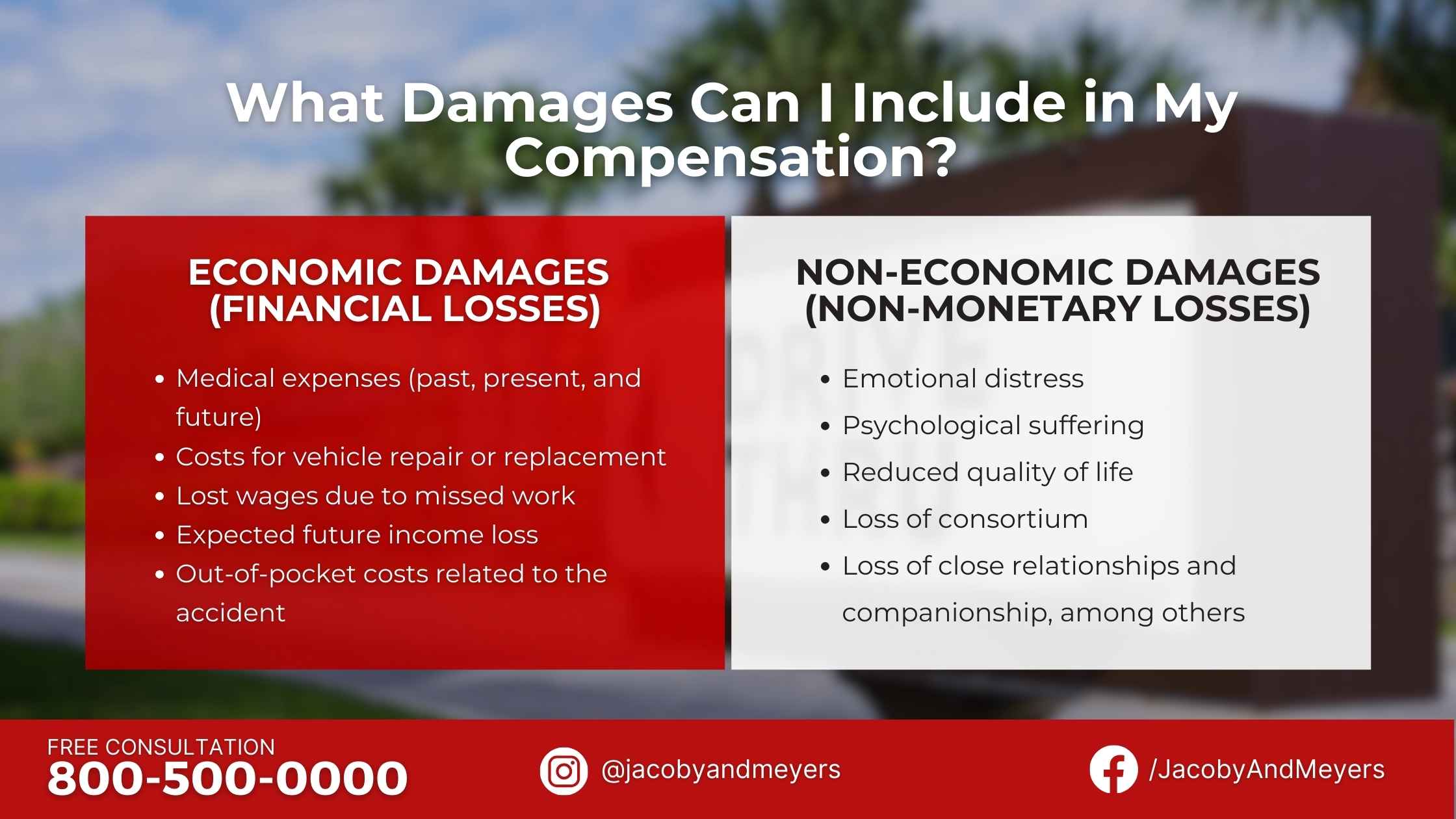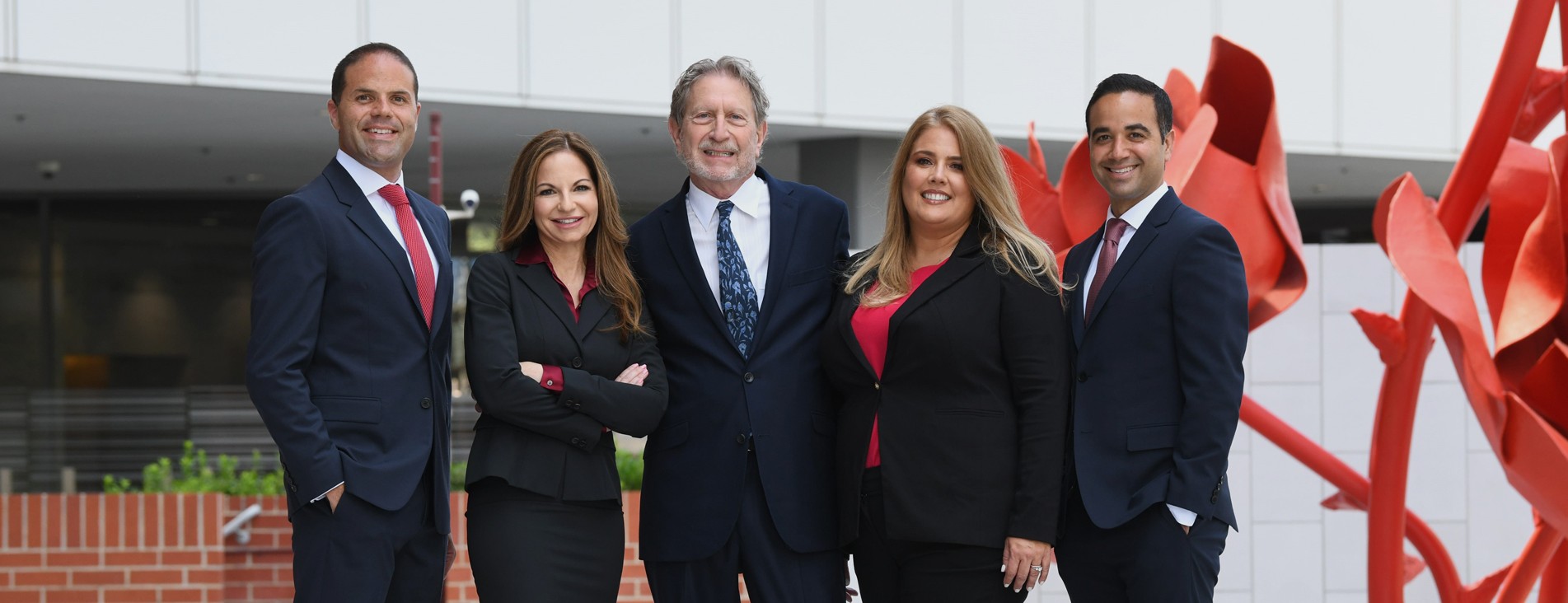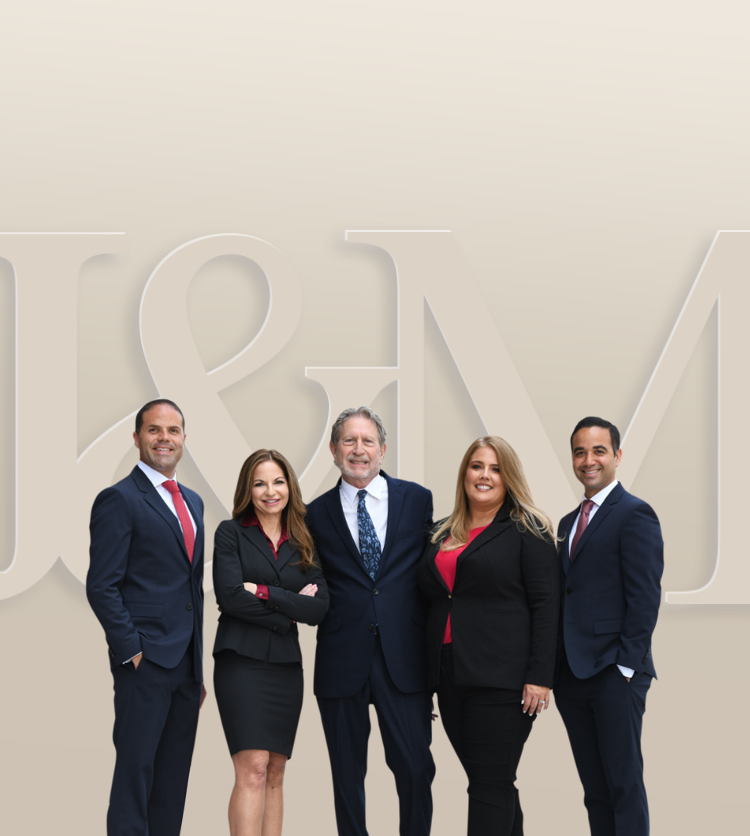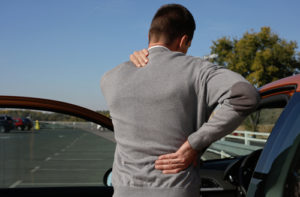Eating while driving makes a driver lose its attention to the road, endangering the lives of all road users. Hence, it is considered negligence in California and must be avoided to prevent car accidents.
If a driver who eats while driving hits you, this article will help you understand negligence in such an instance and what to do to protect your rights.
How Can Eating While Driving Cause Car Accidents?
Eating while driving is a form of distracted driving – any activity that takes your focus from the responsibility of operating a vehicle safely. According to the National Highway Traffic Safety Administration, 3,308 individuals lost their lives in car accidents involving distracted drivers in 2022. Moreover, a 2021 study discovered that 52.5% of their respondents admitted to eating while driving.
You might wonder how eating while driving can be dangerous and cause accidents. Did you know that eating while driving compromises a driver’s attention, control, and reaction time? As such, this action can result in risky scenarios, including:
- Finding a napkin, checking for spills, or glancing down at your food or drink can all distract you from the road and make it challenging to react quickly when traffic conditions suddenly change.
- You can’t successfully control the vehicle when holding or managing food or drink items with one hand off the steering wheel.
- Eating diverts your focus from driving, making it more difficult to comprehend information connected to driving and react quickly to possible dangers.
- Driving while trying to wipe up spills or tidy up a mess can cause motorists to become even more distracted.
- Making decisions about speed, distance, and time can be difficult due to the cognitive strain of juggling eating and driving.
Drivers should refrain from eating and drinking while operating a motor vehicle. Instead, plan for mealtimes before or after their trip, or pull over in a safe spot if eating while traveling.
Is Eating While Driving Illegal in California?
Eating while operating a vehicle is not expressly prohibited by law. However, this does not absolve drivers of the legal consequences of eating while driving, which results in risky driving practices.
Distracted driving is illegal in California and is defined as any activity that takes the driver’s focus away from the road. This includes doing tasks that divert a driver’s attention from the road, such as using a cell phone or adjusting the radio. Even though eating isn’t explicitly stated, it can still be categorized as distracted driving if it impairs the driver’s ability to drive safely.
Furthermore, the “Basic Speed Law,” or California Vehicle Code Section 22350, mandates that drivers travel at a safe pace and with appropriate caution given the road circumstances. Eating while operating a vehicle may make it more challenging for drivers to adhere to this rule, particularly in congested or complicated driving situations.
Is Eating While Driving Considered Negligence in California?
Every driver is responsible for driving carefully and safely. Failure to do so is considered negligence in California.
In personal injury, negligence is defined by the following elements:
- It was the driver’s responsibility to keep other people safe.
- They neglected this duty.
- The accident resulted from this violation.
- There were injuries or other damages from the accident.
Hence, if eating while driving causes a motorist to become distracted and leads to a car accident resulting in damages, you can consider eating while driving a violation, breaching a driver’s duty to ensure safety.
Lawyer’s Tip: A California car accident lawyer can reach out to accident reconstruction experts to assess the crash and collect evidence to prove negligence.
Can I File a Claim for a Car Accident Due to Eating While Driving?
Usually, if an injury is caused by another driver’s negligent behavior, the victim may make a claim. In such circumstances, the at-fault party’s insurance will pay for the crash-related costs. However, the victim can only receive compensation if they can prove the following components of negligence in California.
Remember that eating while driving is considered distracted driving – a negligence in California. In case of a car accident due to distracted driving, you can file a claim if you can show that the driver’s eating while driving violation directly causes the auto crash. You can do this if you have sufficient evidence, such as:
- Police Report
- Photos or videos of the accident
- Witness testimonies
It can be challenging to prove distracted driving, especially if you lack evidence to show the cause. Fortunately, a car accident lawyer in California can help you gather sufficient proof by using their resources and expertise to analyze the situation and collect evidence when proving a claim.
What Happens If I’m Partially Liable?
If your actions contributed to the collision, you can still file a car accident claim in California. Under California’s pure comparative negligence system, you can file a personal injury claim regardless of your degree of fault. However, your payout will be reduced in proportion to your responsibility for the accident.
For instance, you were in an accident with a distracted driver, but it was also determined that you were not wearing a seatbelt. The insurance company then argued that you are partially liable for the severity of your injuries for not using a seatbelt. In this case, you could receive 80% of the settlement if you are 20% responsible for the crash.
Meanwhile, the distracted driver could claim 20% of the compensation. This is why it is advisable to consult with a car accident lawyer in California who can calculate the total damages and determine the appropriate amount of compensation you should receive.

What Damages Can I Include in My Compensation?
When evaluating the compensation you might receive, it is essential to consider the various types of damages relevant to your case. These can include:
Economic damages are measurable financial losses supported by documentation such as receipts and invoices. Examples include:
- Medical expenses (past, present, and future)
- Costs for vehicle repair or replacement
- Lost wages due to missed work
- Expected future income loss
- Out-of-pocket costs related to the accident
Non-economic damages refer to intangible losses from the accident, such as pain and suffering. They include:
- Emotional distress
- Psychological suffering
- Reduced quality of life
- Loss of consortium
- Loss of close relationships and companionship, among others
Punitive damages are additional awards a court may grant if the negligent party’s actions are deemed particularly malicious or extreme.
A car accident lawyer in California can assess your financial losses, evaluate non-economic damages, and determine eligibility for punitive damages to help maximize your compensation.
How Can a Car Accident Lawyer in California Help Me?
Distracted driving can be challenging to justify, especially if you lack evidence. How can you prove that the driver who was eating while driving caused the accident if your injuries refrained you from gathering proof at the scene?
A California car accident lawyer can significantly improve the chances of a successful claim by:
- Gathering evidence to build a strong case.
- Determining the liability of the at-fault party.
- Evaluating the full extent of the damages incurred.
- Negotiating with the insurance company to secure fair compensation.
- Proceeding to trial if necessary.
If you need a car accident lawyer in California to protect your legal interests, Jacoby & Meyers offers some of the most skilled and proficient personal injury attorneys dedicated to ensuring you receive the justice you deserve. While many firms assist with accident compensation, Jacoby & Meyers stands out for its unwavering commitment to protecting your rights, making it the preferred choice for accident victims.
Since 1972, Jacoby & Meyers has steadfastly advocated for the legal rights of individuals involved in accidents, achieving substantial settlements. Our impressive track record, with over $2 billion in settlements, shows our dedication to our clients.
If you’ve sustained injuries in a car accident due to eating while driving, Jacoby & Meyers is here to help. We offer free consultations for injury victims and work on a contingency fee basis.
Jacoby and Meyers. Because You Deserve Justice.
Hear From Our Past Clients
Instead of relying just on our guarantees, consider what satisfied clients say about our services.
“After having a car accident, I didn’t know what to do, so I reached out to Jacoby and Meyers, and they assisted me through the whole process. Regina specifically did an amazing job and is very helpful/knowledgeable whenever I need or ask questions. Thank you so much!” – Cassie.
Frequently Asked Questions
Do you have further questions regarding personal injury claims? We got you! Here are some frequently asked questions from injured victims that may help explain some aspects of your case.
- Can I File an Injury Claim If an Elderly Driver Hits Me?
- Accident in California: Who is Responsible for a Backing-Up Car Accident?
- What Happens If an Unlicensed Driver Hits Me?
- Can I Still File a Claim If I Have an Unfavorable Police Report?
Works Cited
National Highway Traffic Safety Administration, https://www.nhtsa.gov/risky-driving/distracted-driving. Accessed 31 May 2024.
Wikipedia, https://www.law.cornell.edu/wex/comparative_negligence. Accessed 31 May 2024.
“Distracted Driving Statistics in 2024.” The Zebra, 2 April 2024, https://www.thezebra.com/resources/research/distracted-driving-statistics/. Accessed 31 May 2024.
“Section 22350 – Driving at speed greater than reasonable or prudent prohibited, Cal. Veh. Code § 22350.” Casetext, https://casetext.com/statute/california-codes/california-vehicle-code/division-11-rules-of-the-road/chapter-7-speed-laws/article-1-generally/section-22350-driving-at-speed-greater-than-reasonable-or-prudent-prohibited. Accessed 31 May 2024.
“7/28 base letter.indd.” California Highway Patrol, https://www.chp.ca.gov/CommunityOutreachAndMediaRelationsSite/Documents/distracted_driving.pdf. Accessed 31 May 2024.
Call or text 888-522-6291 or complete a Free Case Evaluation form








